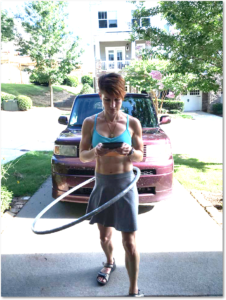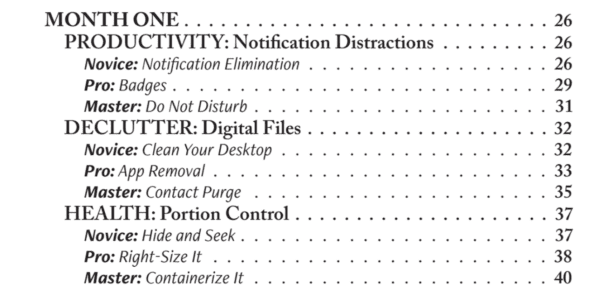Would you rather listen instead? Click here for a the 7-minute audio recording
Multitasking, Switchtasking, Background Tasking, or Hypertasking. Which are you guilty of? Do you work at a company that still uses multitasker as a quality that they want in an employee? Do you have a hard time focusing on one task at a time or feel constantly pulled in multiple directions?
Multitasking
Only two percent of people can multitask effectively, and chances are, you aren't one of them. As people learn more about the decreased productivity contributed to multitasking, we can only hope it becomes more culturally unacceptable behavior. Multitasking can reduce productivity by up to forty percent. I'm not suggesting you will never multitask (I'm human, and if you're reading this, you are too). But remember that if you're genuinely trying to learn something, you need to have 100% attention. I tell my Human Resource clients that if their job descriptions still require multitasking skills, they basically say their company doesn't know current research and is looking for someone who takes 30-40% longer to complete a task.

Background Tasking
Not all types of tasking are bad and can sometimes even be beneficial. Background tasking can be efficient and make time go faster when you need a distraction. Examples of background tasking are watching TV while exercising or listening to the radio while driving. Studies have shown that certain types of music can make people exercise harder. Personally, I catch up on podcasts while I’m cooking, cleaning, and exercising. Here, I'm reading my Kindle while hula hooping!
Hypertasking
Hypertasking is when work multitasking gets carried over into your personal life. This could be working on a laptop while drinking coffee and talking to a friend. My girlfriend and I met for lunch once a month at a coffee shop and spent two hours talking, eating, drinking coffee, and working a little. We used it as a collaborative time to bounce ideas off each other and the standard office talkie-talk we didn't get from working remotely. Did we get more done than if we were at home? Absolutely not. It was more for social engagement than for work, and we could and did stop talking when the other person was looking at their computer.
Hypertasking can also be doing two things at the same time that are dangerous. Examples are texting on the phone while driving, which is the equivalent of driving drunk, or looking at your phone while crossing the street.
Switchtasking
Switchtasking juggles two tasks by refocusing attention back and forth and losing time and progress in the switch. Switchtasking is the biggest problem for most people. We're switchtasking more than we multitask because we can do it at such speed. We are under the illusion we are doing things simultaneously, but in reality, we aren't. If it's something that involves the same part of the brain, like writing an email and talking on the phone, you can't do them simultaneously.
The average person spends three minutes working on something before they switchtask. Have you ever been able to tell when someone you are talking to on the phone isn't quite 100% listening to you? Their tone changes, and there's usually a pause before their response. I've asked people if they want me to call them back after they are done reading their email. This usually gets their attention. The biggest switchtasking culprit is definitely email. Our productivity drops up to 40% when we are switchtasking between email and other tasks.
Switchtasking is the hardest habit to break. Start with one project or task at a time and fully focus. Close out your tabs and use a program like Freedom.to to save yourself from yourself.
What multitasking behavior you would like to stop?


